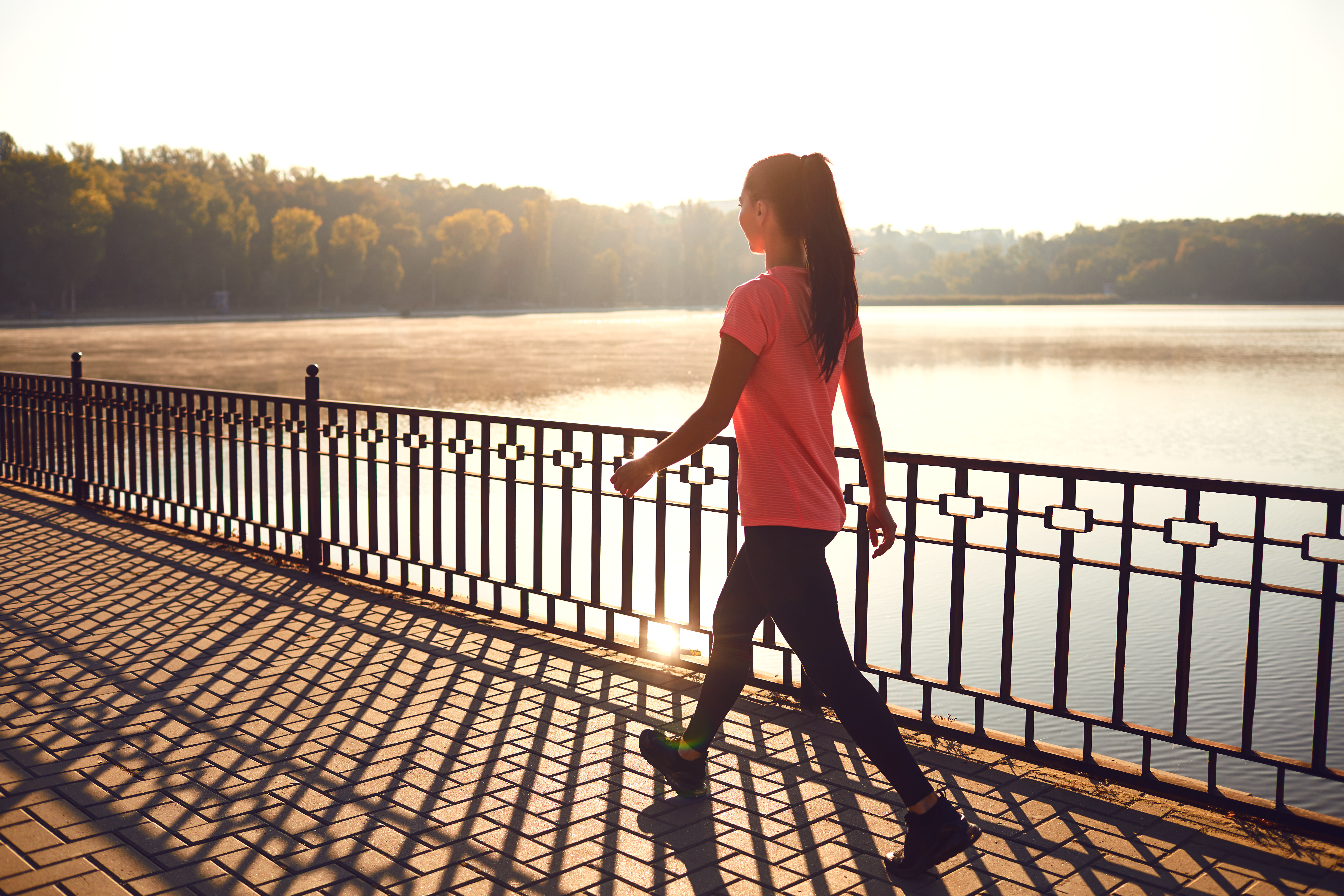Beyond disinfecting and social distancing, your ability to think and make good decisions is your best weapon against the pernicious coronavirus. This requires taking control and making smarter choices, in effect, possessing greater agency. Agency will help you with successful adaption during this frightening pandemic.
People with higher levels of agency don’t get stuck in fear. They know at times like this it’s critical to be guided by science and their own observations, not engaging in magical thinking (e.g., it’s all overblown by the media… it’s going to go away as soon as the weather warms). They value reliable sources of information and follow best practices.
Agency dictates that you always have a choice. You can follow the herd off a cliff or work at being clear-headed, using reason and smart choices to guide you and your loved ones safely through this crisis.
1–Get a Clear Mind
We’re all scared. When fearful, our thinking speeds up and we are apt to behave impulsively. We become more irrational when anxiety climbs. Heightened anxiety can sever the connection you need to access your logic and critical thinking skills. To think intelligently, get your mind calm. Start here: A clear head is the first of our seven principles that help people build personal agency. A calm and centered mind will serve you well as you face the challenges ahead.
Try these:
- When anxious, get yourself into physical movement. You can stand in place, walk to a window, or better yet, get outdoors for some fresh air. Never allow your body to be stationary for long periods when you are worried or scared and marinating in your own (often exaggerated) fears. Doing so accidentally signals your brain that you are trapped and rendered helpless. Not so! You always have a path to take… a choice you can make to improve your situation.
- Learn to breathe in healthy ways. Deep, slow, diaphragmatic breaths will lower heart rate, blood pressure, and improve your mood. This leads to improved thinking and better judgment. While letting out breaths, say a silent calming word or empowering phrase (develop a mantra). This can become a powerful tool to get calm under stress at other times.
2–Change Your Social Behavior Now!
Social distancing works. It’s the new normal for this critical moment in time, let’s all get used to it. It won’t be forever, but it’s here for a while, possibly for months. Accept this new reality of how we associate with others and embrace it. Go all in and this will speed up your adaption to a new, albeit strange set of routines. You’re going to be at home a lot – how best to use that time?
Try these:
- Cook: Cooking is delicious, nutritional mindfulness. Many of us have forgotten how. It can help you escape from your worries. Prep, chop, roast, experience all the textures, sounds, smells, and of course, tastes of food. Cooking is creative and nurturing, a wonderful antidote to stress.
- Catch up on rest and sleep. We’re a sleep deprived nation (we have been for years). We all work too hard and on screens too much. This is a rare opportunity to get your sleep cycle back on track.
- Use technology to your advantage. Facetime, Zoom, Skype, or simply phone those you need to stay in contact with. Texts or emails alone don’t give you the full human experience. Set up a group connection regularly (for example, a book club), or simply a small Zoom group hour of wine, cheese and crackers. This helps remind everyone that we are never alone.
3–Get Out: Nature Helps Heal The Damage of Chronic Stress and Worry
We evolved over a million years to adapt to – and survive in – natural settings. We hunted, gathered, migrated, and explored our environments. We all feel grounded and more at peace and access our better selves when we get outside into natural spaces – parks, bodies of water, the woods, fields, mountains. Even a brief stroll outside can be beneficial. Feeling the wind on your face for a few seconds brings a mix of invigoration and calm.
Studies show that we do some of our best quality thinking and problem-solving when outdoors, preferably while walking in natural settings. At this moment, we need our best problem-solving and quality thinking to get through this pandemic. Walking also allows us to manage and diffuse our strong, difficult emotions.
Try these:
- Get outside several times a day during this pandemic (set regular times aside and stick to it). It is essential for your mental and physical health to experience the world beyond your house or apartment. Walk, bike, hike, stroll, whatever feels right to you.
- Once outside, consciously let out a few long breaths. Imagine releasing the stress held up inside. Then breathe the fresh outside air deeply in. Remind yourself you are in nature, from where you came. Feel a part of a greater world. Give yourself permission to let go of all your worries while you are outdoors.
4–Stay Informed – And Think More For Yourself
It’s only natural to turn to televisions and devices during a prolonged crisis – but we need to monitor usage. Too much exposure is likely making us anxious. Worse, a lot of media is likely not helping us stay well-informed. Beware of BREAKING NEWS and other sensationalized tricks to keep you glued to screens. Ongoing exposure to high stimulation can erode your agency – it decreases the ability to think calmly, think independently, and it can easily push you to act in ways that aren’t in your best interest.
Try this:
- Significantly limit your exposure to 24/7 cable news and other commercially driven programming. Most importantly, take breaks from social media. Social media is not the best place to find accurate information. In many cases it is actually misleading.
- Read news more than you watch. Articles can go deeper. Information can be digested at a slower pace. You can pause and reflect – and verify what you’ve read with other sources.
- Find and read only high-quality, fact checked information about the pandemic. Do not trust information from social media.
Try these sources:
-CDC (Centers for Disease Control)
-WHO (World Health Organization)
-National Public Radio and National Public News Programming
-Podcasts (those that are journalistic in nature are best)
-Press conferences from experts and leaders in key roles
The 7 Principles of Agency Can Help – Start Small
During this pandemic, we are being forced to adapt quickly and adjust to the multiple changes happening around us. We experience this situation as fluid and completely unprecedented. To keep yourself from getting overwhelmed, we suggest you take each day separately. Break things down into smaller units. Focus on what you need to do today, or in the next hour. Be realistic. Reward yourself for the effort put into completing something. Coming days will present you with some different challenges. But in the present moment don’t exhaust yourself worrying about what might occur tomorrow. Keep your reserves of personal agency healthy by putting into practice some of the suggestions here – it will be fuel in your tank to combat the challenges we all will face in the months ahead.



